Tarana for tax cut on handsets import
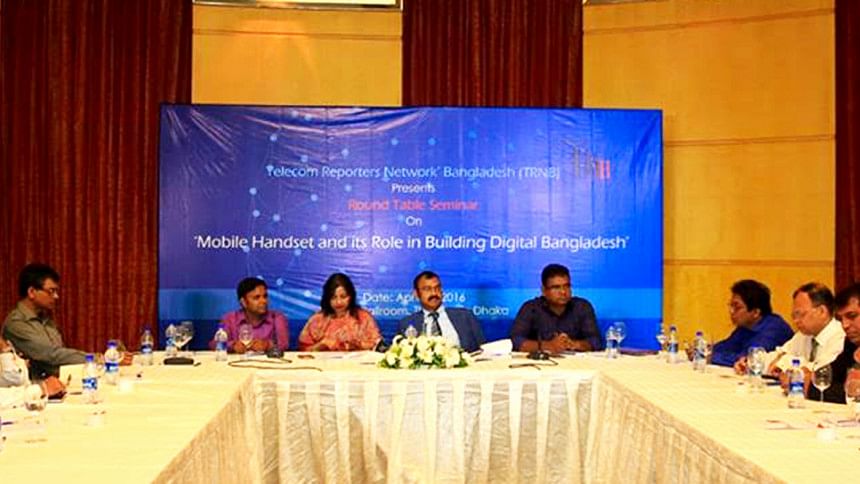
The telecom division formally placed an urge to the finance ministry to review the tax and VAT structures on mobile handsets and accessories to make smartphones affordable to boost internet penetration.
Telecom Minister Tarana Halim, addressing a discussion programme today, said she sent a proposal to the finance ministry in this regard two weeks back.
Telecom Reporter's Network' Bangladesh (TRNB) organised the round table discussion on "Mobile Handset and its Role in Building Digital Bangladesh" at Westin Hotel in Dhaka.
"I requested the finance ministry to withdraw tax and VAT to promote local production of smartphone." She, however, said the finance ministry is yet to give any positive reply.
Tarana also mention imposing surcharge is a hindrance towards the journey of digitisation, "That time, I also requested not to impose tax for the sake of digital Bangladesh."
Terming smartphone as one of the main components for building "Digital Bangladesh", Tarana opined contribution of the sector to country's GDP would be increased further from three percent, through slashing tax and VAT on mobile handset.
Tarana also called upon the cellphone importers and mobile phone operators to offer monthly installment facility on mobile handsets sales.
"We should introduce installment system for the customers so that they can avail mobile handsets easily by paying a small initial amount," she added.
"We have no alternative to offer installment facilities if we want to increase internet penetration," said the junior minister.
Bangladesh Telecommunication Regulatory Commission (BTRC) Chairman Dr Shahjahan Mahmood said for allowing handsets locking model it needs to amend some regulations.
At present, mobile operators can't import handsets directly and if they can make a joint-arrangement, definitely handsets price will cut down 15 to 20 percent, said Mahmud Hossain, chief corporate affair officer of Grameenpone.
"Please, allow handset-locking for 2/3 years as we can offer smartphone with special bundle to subscribers," Hossain urged.
BTRC Chairman Dr Shahjahan Mahmood requested handset importers to submit a proposal on reviewing VAT and tax immediately so that it could take appropriate measures to promote the industry.
"Currently, there is 25 percent tax on handset import and around 60 percent tax on different handset accessories and there has no business case for the entrepreneurs to set up assembling plants here," said Ruhul Alam Al Mahbub Manik, president of Bangladesh Mobile Phone Importer Association (BMPIA).
Abu Saeed Khan, senior policy fellow at LIRNEasia said where there is tax incentive there will be smuggling.
Referring different global organisations research, he also said that in next five years, Bangladesh will acquire five million new internet connections every year. "Is the regulator or the government ready to regulate the market?" he said.
Director General of Custom Intelligence and Investigation Department Dr Moinul Khan said National Board of Revenue wants specific proposal from the investors to review tax and VAT structures on imported handset.
He opined that IMEI registration of mobile handset will solve all problems regarding security and counterfeit handsets.
BTRC Director General (Spectrum Management) Colonel Nasim Parvez said the commission has initiated a six month pilot project to monitor legal handset import and later, it will move to register handset.
BMPIA General Secretary Rezwanul Huq said Bangladesh would be a huge market if at least one smartphone would be ensured for the country's 8 crore unique mobile users. "A master roadmap is needed to address where we want to go in next few years," he added.
At present, there are only 1.5 core smartphones in the market and it has enormous prospect if tax regulation is ok with the importers, Huq added.
Dhaka Custom House Commissioner Lutfur Rahman said a total of 1.60 crore mobile handsets were imported so far with the estimated cost of Tk 1,970 crore and the government has earned revenue worth Tk 422 crore from it.
TRNB General Secretary Shamim Ahmed presented a keynote paper while President Rashed Mehdi moderated the discussion.

 For all latest news, follow The Daily Star's Google News channel.
For all latest news, follow The Daily Star's Google News channel. 

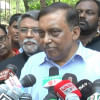
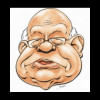
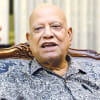
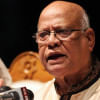



Comments